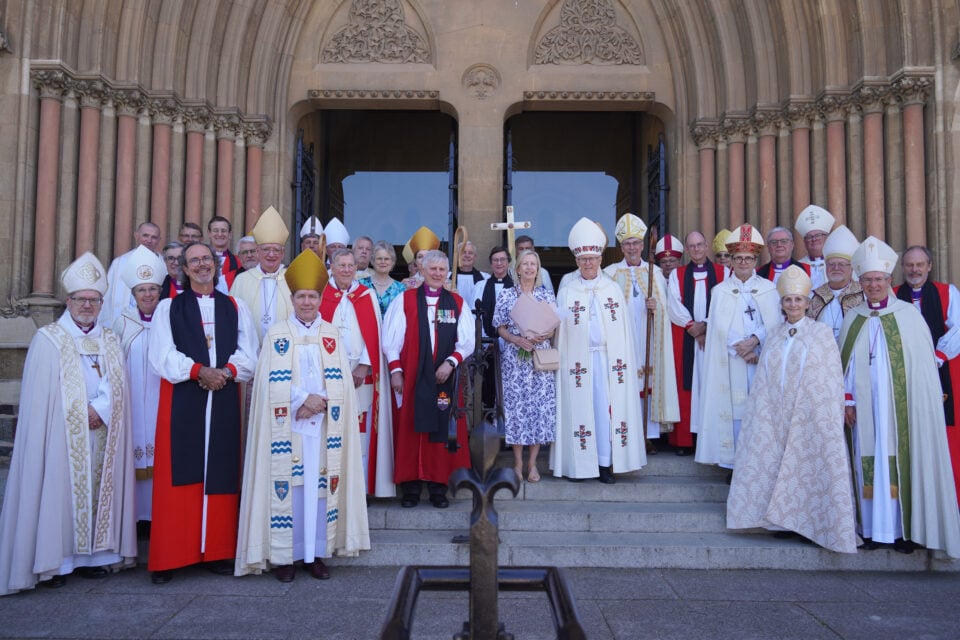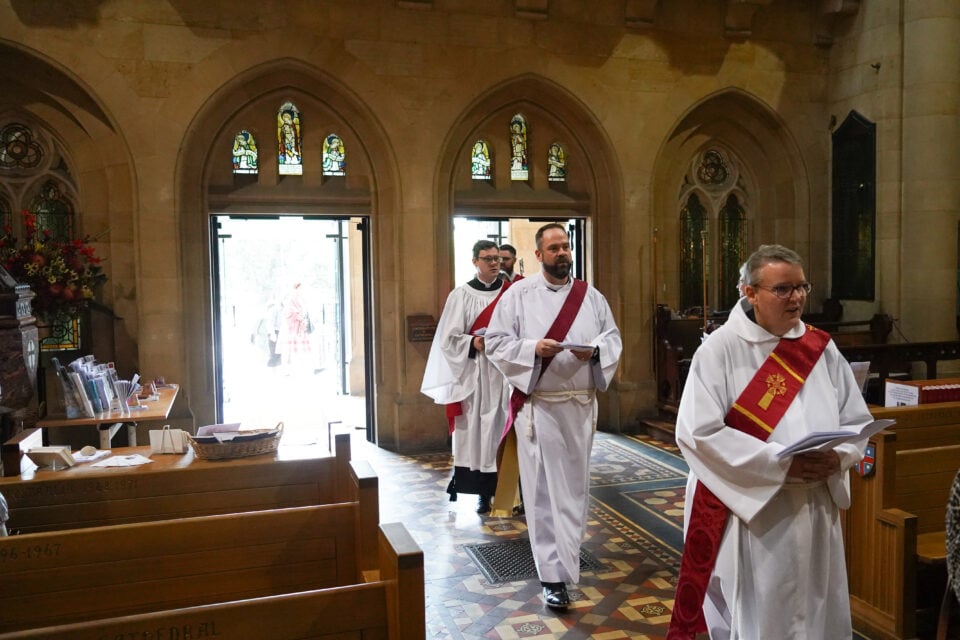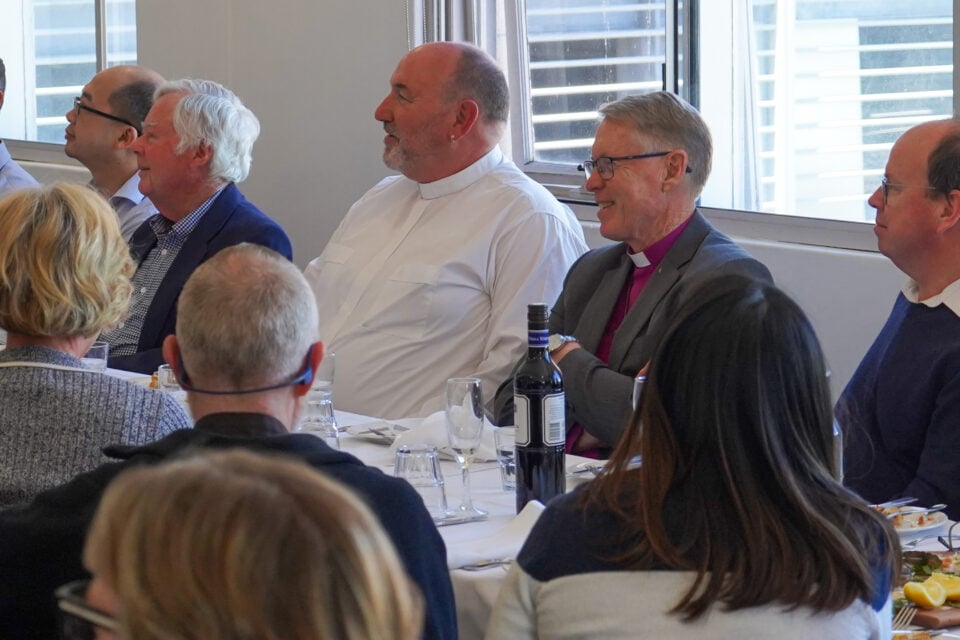The Diocese of the Murray has voted to allow the ordination of women at its recent Synod.
The secret ballot resulted in 57 votes for and just four against.
Anglican Dioceses SA Archdeacon and Canon for Social Justice Peter Sandeman in support of the motion.
There was no debate, to the surprise of many present including Bishop Keith Dalby who has worked hard over the past two years to achieve the result.
“Asked if anybody wanted to debate the motion – nobody did, and Bishop Keith was visibly stunned.” the Rev’d Paula Thorpe, an observer at the Synod said.
“He then asked if Synod wanted to vote in houses. I held my breath because I knew it was still possible for clergy to scupper the motion at this stage. Synod did not want to vote in houses.
“In the end, it was all quite tame, maybe testament to the hard work done in the intervening year between synods,” Rev’d Paula said.
The vote is the end of a long period of uncertainty. A decade ago, Synod passed a motion requesting that the next Bishop, when elected, would allow discussion on the Ordination of Women but the motion was not honoured.
Last year, Bishop Keith declared that he would finally honour that historical request.
In his address to Synod this year the Bishop called on the Diocese to embrace change.
“We need to discover again what it is to be a missionary Diocese as we seek to encounter and encourage the people of within the communities that our churches exist and operate,” he said.
“I have a vision of a Diocese of The Murray which is a place of Safety, Inclusion, Welcome, Refuge that seeks to tenderly Evangelise people in new ways that helps them see that God is not only interested in them but is desiring to be in a new relationship with them.”
The Movement for the Ordination of Women (MOW) welcomed the news and congratulated Bishop Dalby on his leadership.
“The strength of the vote for ordination at the 2023 Synod (57 for and four against) is proof of the burning desire amongst clergy and laity for the ministry of women,” Dr Elaine Lindsay, the MOW President said in a statement. “The vote also represents a wish that women be represented at all levels of church leadership — priest in charge, rector, dean, archdeacon and bishop.”
In his speech in support of the motion, the Rev’d Peter Sandeman cited several Bible passages addressing authority in the Church to show that our translations and our assumptions about the meaning of these passages require closer examination.
“They do not provide the proofs that would prevent women from teaching prophesising, praying in church, or leading worship,” he said.
He said he, as had many others, had grown up with assumptions of male supremacy.
“I really didn’t question the prevailing assumptions until as an adult relating to other adults you begin to realise that gender stereotypes are just that,” he said.
“I’ve had several women bosses at work some good some bad and I’ve certainly experience good and bad male leaders.
“So going back and examining these key passages, particularly from the Genesis stories and from Paul who gets such a bad press, removing the lenses of patriarchal presumption allows us to understand the true radical nature of Jesus message of inclusion of Jew and Greek. Slave and free and men and women.”
The vote leaves just three Dioceses of the 23 in Australia where women’s full ordination as priests or bishops is not allowed, Sydney, Armidale, and North Western Australia.
Currently, nearly a quarter of ordained priests are female, but men dominate the upper echelons of the church hierarchy.
It was time for the last three diocese to join the fold, Dr Lindsay said.
“We urge the Dioceses of Sydney, Armidale and North Western Australia to follow Bishop Keith’s open-minded and open-hearted leadership and seriously examine Scripture, free of patriarchal bias. They will find that there is neither Jew nor Greek, slave nor free, male nor female, for all are one in Christ Jesus,” she said.






